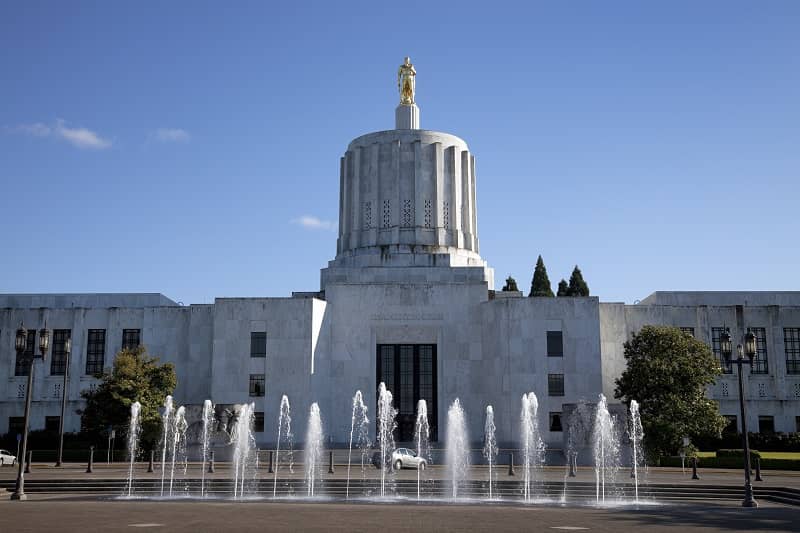

This week, four new laws went into effect making it illegal for Oregon payday lenders and the like to charge more than approximately 36 percent annualized interest. The bills boast tighter regulations, limits on fees, and other anti-market sentiments that ultimately hurt us, the consumers. This slate of legislation was touted as consumer protection against predatory lenders, insultingly implying not only that consumers are prey, but that it is predatory for lenders to do what bests supports their families.
“Our Oregon,” a self-proclaimed progressive non-profit organization for economic fairness, organized the coalition against payday lenders. “Our Oregon” wants the state to regulate, but not necessarily to educate. If consumers are taught how to be independently financially responsible, then the need for payday loans may decrease. No matter how much the state tries to force legal lenders out, the demand for loans won’t disappear. Consumers ultimately may resort to finding illegal means to get the money they need.
Words like “progressive” and “fairness” elicit a warm fuzzy feeling that designates contrarians as cold-hearted. In reality, economic fairness would be to let the market function without state regulations, and to let consumers make their own financial decisions without the state babysitter.
For years, I haven’t been able to get the feds out of my bedroom, and now I can’t get the state out of my checkbook.
© 2007, Cascade Policy Institute. All rights reserved. Permission to reprint in whole or in part is hereby granted, provided the author and Cascade Policy Institute are cited. Contact Cascade at (503) 242-0900 to arrange print or broadcast interviews on this topic. For more topics visit the QuickPoint! archive.











